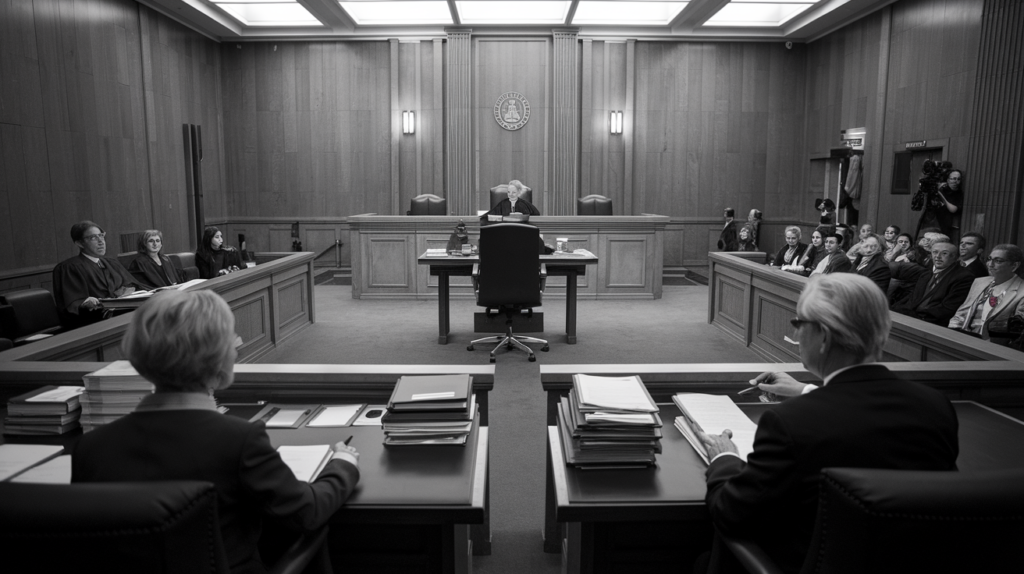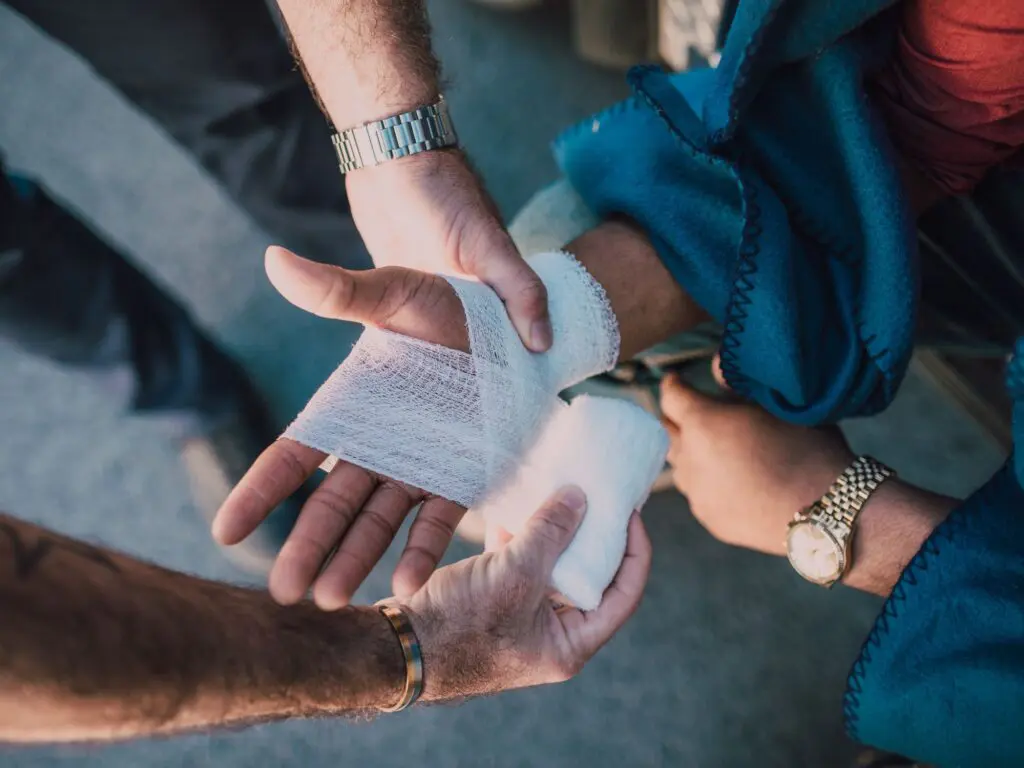What is an Appeal?
An Appeal is, “The complaint to a superior court of an injustice done or error committed by an inferior one, whose judgment or decision the court above is called upon to correct or reverse.” (Black’s Law Dictionary 124. 4th Ed. Rev. 1968)

The appeal process involves a losing party requesting a higher court to reconsider a ruling or decision made at trial. Most appeals take place in an appellate court. The party making an appeal is known as the appellant, while the original winning party is known as the appellee or respondent. Common errors that can be considered proper grounds for appeal may include legal application errors by a sitting judge, procedural errors conducted by attorneys, or evidence issues such as improper evidence being allowed in court or important evidence being wrongfully excluded from court. After arguments from both the appellant and appellee as to why a court’s decision is either proper or not, the appellant court will decide to affirm, reverse, or remand that decision. When a decision is remanded, that particular case is sent back to a lower court for a new trial or other proceedings.
An appeal can only be made after a final judgment is made. A case can not be appealed when it is ongoing or if facts of the case are in dispute. Rulings in cases such as Bowersock v. Missouri Valley Drainage Dist. of Holt County clarify that appeals are continuations of existing lawsuits, not lawsuits themselves. While appeals may lengthen the legal process, they are seen as vital parts of the justice system. They exist to insure that errors or issues don’t result in the wrong rulings.
More information about Appeal
Personal Injury Claims: What to Expect
Getting hurt in an accident can turn your life upside down. Understanding how personal injury claims work will help you get the compensation you deserve while focusing on your recovery.
How Long Do Most Personal Injury Claims Take?
Most personal injury claims take four to 12 months to wrap up, though some cases might need more time. The timeline depends on how serious your injuries are, who was at fault, and whether the insurance company works with you or against you. If your case goes to court, it could take longer than if you settle outside court.
It’s smart to wait until your doctors say you’re as recovered as you’re going to get before settling. This way, you’ll know what your long-term medical needs and costs will be.
How Does the Claims Process Work?
The personal injury claims process is straightforward – […]
Read MoreMore information about Appeal
What Is an Aggravation of a Preexisting Condition or Injury?
You may be eligible for compensation if you were injured on the job or in an accident resulting from the negligence of another party. You can seek compensation by filing an insurance claim or lawsuit.
However, your case may be uniquely complex if you have a preexisting condition. Along with compensation for any new injuries you may have sustained, you may also deserve compensation for the aggravation of a preexisting condition. Proving you deserve this compensation could be challenging, though.
Understanding Aggravation of a Preexisting Condition
What is an aggravation of a preexisting condition or injury? In a legal context, aggravation of a preexisting condition means that the condition was made permanently worse. This differs from exacerbation. When someone sustains an exacerbated injury, their previous injury temporarily worsens. However, the preexisting injury will likely return to its previous state over time.
Aggravation of preexisting injuries and conditions is different. […]
Read MoreMore information about Appeal
Hershey Personal Injury Lawyer
For over six decades, our acclaimed team of Hershey personal injury attorneys at Munley Law has been advocating for the rights of accident victims. Securing compensation for your injuries requires not just legal expertise but also compassionate representation. From your initial contact with us to the moment you receive your settlement check, we’re by your side, guiding you every step of the way to ensure you get the compensation you deserve.
When it comes to selecting a personal injury lawyer in Hershey, making the right choice matters. Choose carefully. Choose Munley Law.
Understanding Personal Injury Law in Hershey, PA
Navigating the intricacies of personal injury law can be overwhelming, particularly when dealing with an injury’s aftermath. In Dauphin County, understanding these legal guidelines is crucial for anyone filing personal injury claims. An individual may seek legal remedies if they have been harmed due to another person or entity’s negligence or wrongful conduct. […]
Read MoreMore information about Appeal
Will My Employer Hold My Job While I Recover From a Work Injury?
Workers’ compensation benefits offer you a lot of things, like compensation for medical care, specific loss benefits, and payment of lost wages. But it doesn’t guarantee you’ll have a job to return to once your work-related injury or illness has recovered.
 The only way to avoid at-will employment laws is to have stipulations in your employee contract or belong to the union.
The only way to avoid at-will employment laws is to have stipulations in your employee contract or belong to the union.
If you believe your workers’ compensation claim led you to be fired or have questions about workers’ compensation laws, call Munley Law.
How Does Workers’ Compensation Work?
As an injured worker, you have rights under the Pennsylvania Workers’ Compensation Act. Under the Act, you can receive compensation for medical expenses and wage-loss compensation benefits until you can return to work. If the job injury results in fatality, death benefits are paid to dependent survivors.
If your injury or death was self-inflicted, […]
Read MoreMore information about Appeal
Florida Truck Accident Lawyers
Florida’s truck route network supports a steady flow of goods along I-95, I-75, I-4, and I-10, but with so many commercial vehicles on the road, serious crashes are bound to happen. If you were injured in a collision with a delivery truck, freight carrier, or long-haul rig, your Florida truck accident lawyer with Munley Law is ready to help. With over 50 million dollars in damages recovered and decades of success, our top rated truck accident lawyers know how to hold trucking companies accountable when their carelessness puts lives at risk.
Florida Truck Accident Attorneys with Proven Results
When you are hurt in a serious crash with a commercial vehicle, experience matters. You need a team that knows Florida law, understands trucking regulations, and can build a case that gets results. Our Florida truck accident attorneys are trusted by injured drivers and families across the state because we have done it before, […]
Read More









